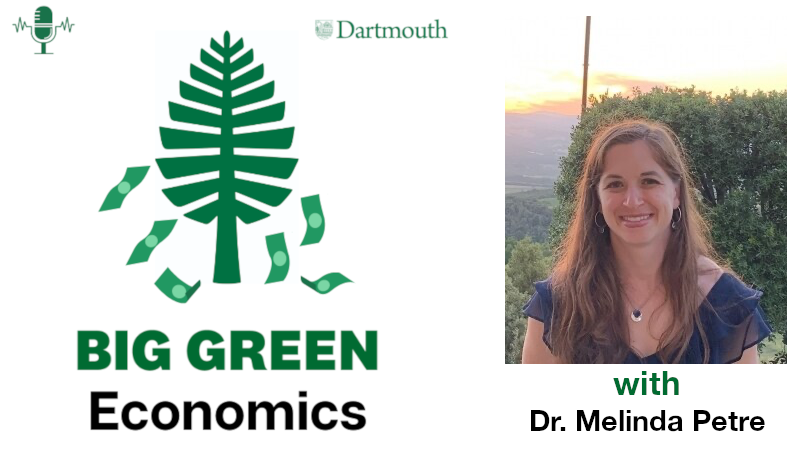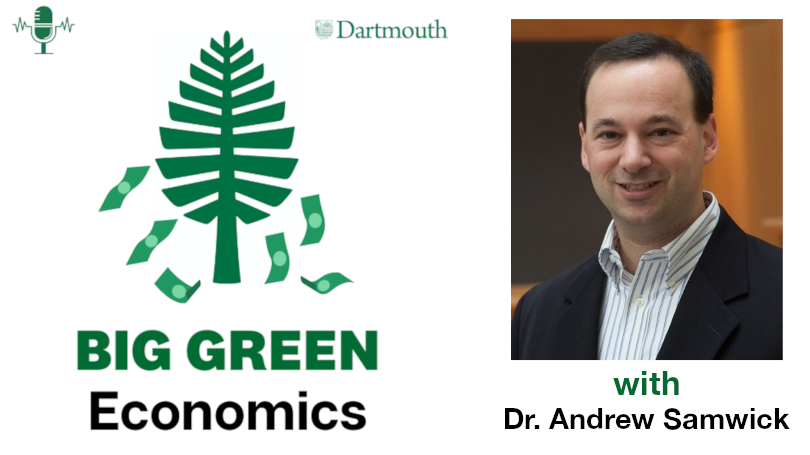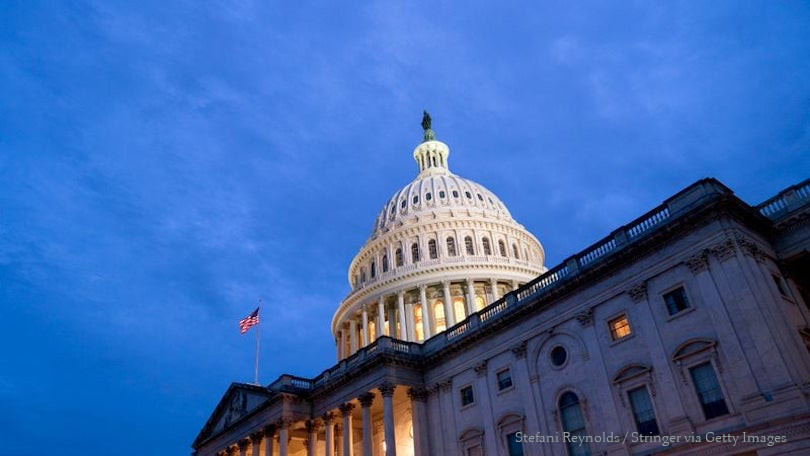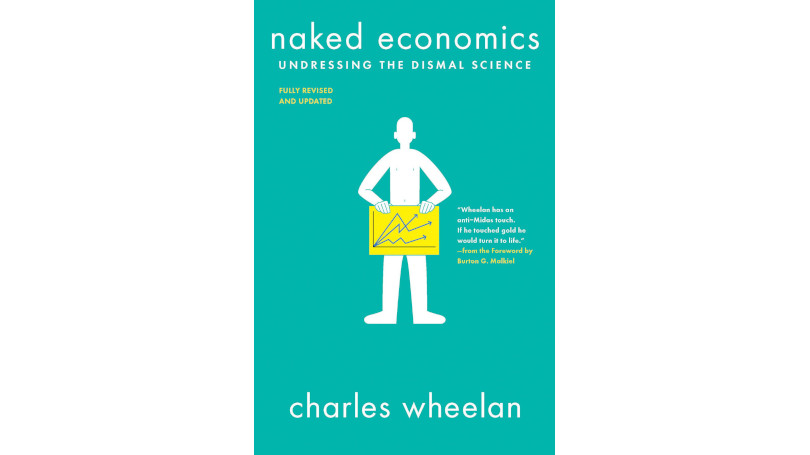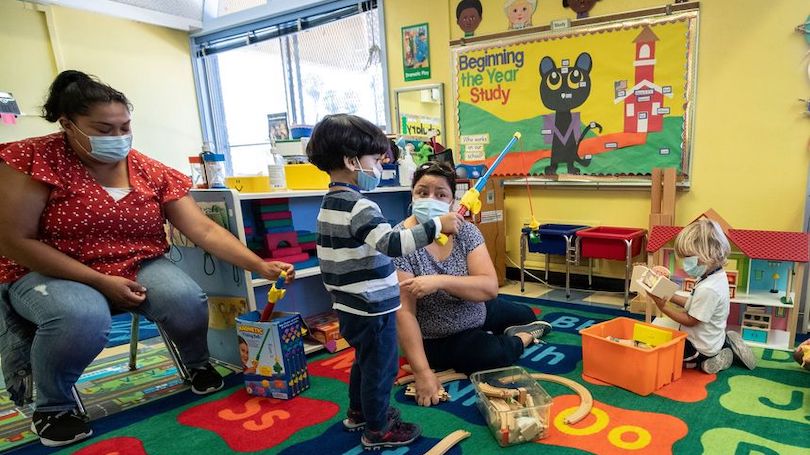The Big Green Economics podcast with Gabe Gottesman '26 tells the story of the Department of Economics at Dartmouth, highlighting a professor's research in one bite-sized episode.
News
March 08, 2023
In this episode of VoxDevTalks, Nina Pavcnik spoke with Tim Phillips at the 2023 STEG conference at The London School of Economics to discuss new research with Brian McCaig and Woan Foong Wong on the long-term effects of export opportunities to a large destination market for Vietnam.
February 24, 2023
Listen now to the first episode! The Big Green Economics Podcast tells the story of the Department of Economics at Dartmouth, highlighting a professor's research in one bite-sized (10-20 minute) episode. In episode 1, Dept. Chair Dr. Andrew Samwick discusses the core values of Dartmouth Economics and his role at the department.
February 20, 2023
Professor Doug Staiger testified on Thursday February 16th at a Senate committee hearing on the shortage of healthcare workers. Hailey Mensik reports on the hearing for Healthcare Dive.
January 10, 2023
"Naked Economics," the 2002 primer by Senior Lecturer and Policy Fellow Charles Wheelan '88, is listed in The Wall Street Journal as the top book on business by Burton Malkiel, author of the classic A Random Walk Down Wall Street.
December 21, 2022
The study, 'Work and Leisure in the United States and Europe: Why So Different?' by Prof. Sacerdote and co-authors Alberto Alesina and Edward Glaeser informs a recent Op-ed by the popular columnist Paul Krugman.
November 22, 2022
A Wall Street Journal editorial cites a new study co-authored by economics professor Douglas Staiger that found a recent decline in 8th-grade national math assessment tests during the pandemic could represent a 1.6% decline in lifetime earnings if allowed to become permanent.
November 03, 2022
Productivity is strong in manufacturing, but it's down elsewhere in the private sector, according to Prof. Comin. He noted that productivity is particularly tricky to gauge for knowledge workers, whose contributions aren't as easy to measure.
November 03, 2022
Professor Eric W. Zitzewitz was featured in this WalletHub piece about credit cards with no foreign transaction fees.
October 03, 2022
In their paper, "Mortality Change among Less Educated Americans" Asher, Novosad, and Rafkin study U.S. mortality change over the last three decades. They develop an innovative measurement technique that solves a problem that has made it difficult to measure mortality change at specific education levels. They show that mortality changes, at constant education percentiles, can be bounded under minimal assumptions.
